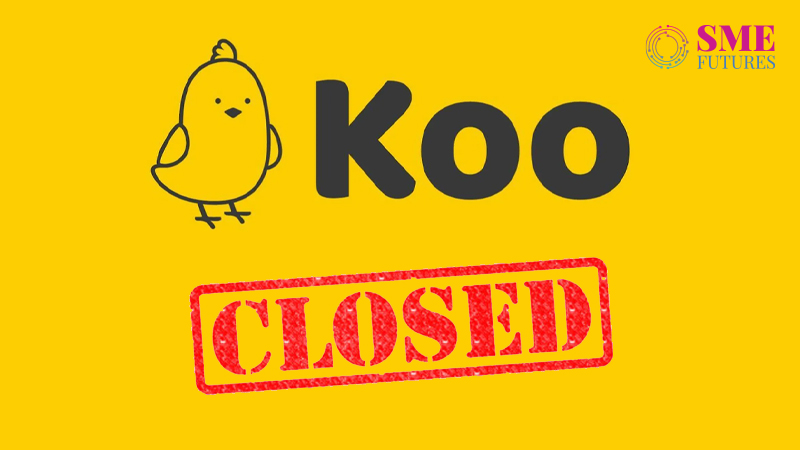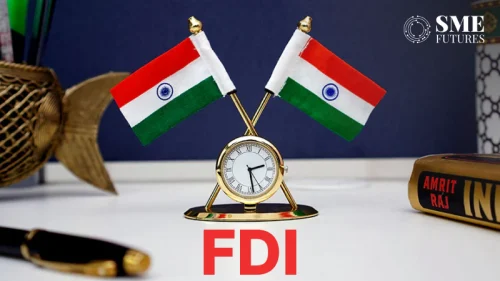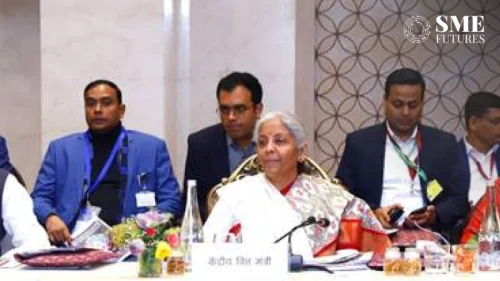Koo, the Indian social media platform known as the local alternative to Twitter (now X), is shutting down operations. The announcement was made on Wednesday by co-founders Aprameya Radhakrishna and Mayank Bidawatka, citing unsuccessful partnership attempts and a harsh funding winter as the primary reasons for the closure.
Koo, which launched in 2020, gained significant popularity in India around 2021 following the Indian government’s disputes with Twitter. During its peak, Koo attracted numerous Union ministers, politicians, and government departments, amassing about 2.1 million daily active users and 10 million monthly active users. Esteemed investors like Tiger Global, Accel, 3one4 Capital, and Kalaari Capital backed the platform.
However, Koo faced challenges as prolonged funding shortages and failed acquisition talks led to a dwindling user base and eventual layoffs last year. In a LinkedIn post on Wednesday, the co-founders announced the platform’s discontinuation, noting that the “little yellow bird” is bidding a final goodbye, referencing Koo’s logo.
“We explored partnerships with larger internet companies, conglomerates, and media houses, but these talks didn’t yield the desired outcome,” the co-founders wrote. They explained that many potential partners were reluctant to handle user-generated content, while others shifted priorities close to finalizing deals.
The co-founders expressed their desire to keep the app running but highlighted the high costs of technology services necessary to maintain a social media platform, leading to their tough decision to shut down.
Koo was created with a mission to “democratize expression” and facilitate connections in local languages, supporting multiple Indian languages like Hindi, Telugu, Tamil, Bengali, Gujarati, Marathi, Assamese, and Punjabi. “Most global products are dominated by Americans. We believe that India should have a place at the table,” they stated.
Despite nearing a position to surpass Twitter in India in 2022, a lack of capital hindered Koo’s progress. The co-founders described Koo as a globally scalable product built with superior systems, algorithms, and strong stakeholder-first philosophies, but the funding winter at the company’s peak curtailed its growth.
“Social media is one of the toughest businesses to build, requiring significant scale before generating revenue. We needed 5 to 6 years of aggressive, long-term, and patient capital to realize this dream,” they noted.
They acknowledged that the challenging market conditions and funding winter ultimately overcame the company. “Koo could have easily scaled internationally and given India a global brand that was truly made in India. This dream will remain,” the note stated.
Looking ahead, the co-founders mentioned that Koo might transform its assets into a digital public good to enable social conversations in native languages worldwide. “What we have built is truly magnificent. We will be happy to share some of these assets with someone with a great vision for India’s foray into social media,” the note concluded.











